The news doing the rounds right now is that the Nintendo Switch, the new gaming device from Nintendo, will use Vulkan. People are getting rather excited and thinking it will mean more Linux ports, but right now it won't.
For one thing, the Switch hasn't even been released yet and it remains to be seen if it's even successful. It seems obvious, but people aren't even thinking about that.
The second most important thing to remember is that this is a brand new API, it's not proven itself just yet and not that many developers are actually using it. It's been out for nearly a year and so far on Linux only two games use Vulkan.
For the record: Using an open API is amazing for the success of the API. I think this is a great thing for it, but I don't want people to be unrealistic about what this means for Linux gaming. I also want to state for clarity I am not being negative here, but trying to help people be realistic for now.
This could push Vulkan forward some more, because it will be in the minds of more developers and hopefully more will end up using it. This is good for the stability of the API too, since more feedback will be sent off for the drivers and so on. For the API itself, it's going to help it. If more games eventually come to Linux and use Vulkan, it may mean we get a more stable experience too. What it doesn't mean is that by using Vulkan more games will come to Linux.
There is far more to a game than a graphics API. Sure, it gives developers a lower barrier for entry, but when has that alone suddenly meant more Linux ports? Not often at all. We are still to this day dealing with tons of developers using Unity that don't want to bring their games to Linux, for example.
You still have to worry about:
- Vulkan itself
Vulkan is more complex than both OpenGL and earlier versions of DirectX, it will take quite some time to learn.
- Development for every other bit of the puzzle
There's still tons of middleware that doesn't support Linux, for example.
- Testing for the above
People like to claim distribution fragmentation isn't an issue, but I see a lot of support requests of games not working on certain distributions for a variety of reasons.
- Post-release fixes
No game is really finished at release
- Marketing (if they actually want to make any money at all)
Just being on Steam doesn't make a game sell any more.
The biggest issue however, is the same as always: publishers and our market share. We still have that small market share to think about, so do the publishers.
To wrap up all of the above: It's good for the API, everything else people claim about it meaning more Linux ports are speculating.
What can we do about it? We continue on as we always have without getting too hyped about things that, right now, don't really concern us directly.
Buy Linux games from legitimate stores (Steam, GOG, itch.io, Humble, directly from developers), as that helps Linux gaming directly. Don't buy games before they are released on Linux (be sure your money counts!), and make sure developers know you want their games on Linux.
Also, make sure developers know to get in touch with us directly, since we have a rather big reach nowadays.
For one thing, the Switch hasn't even been released yet and it remains to be seen if it's even successful. It seems obvious, but people aren't even thinking about that.
The second most important thing to remember is that this is a brand new API, it's not proven itself just yet and not that many developers are actually using it. It's been out for nearly a year and so far on Linux only two games use Vulkan.
For the record: Using an open API is amazing for the success of the API. I think this is a great thing for it, but I don't want people to be unrealistic about what this means for Linux gaming. I also want to state for clarity I am not being negative here, but trying to help people be realistic for now.
This could push Vulkan forward some more, because it will be in the minds of more developers and hopefully more will end up using it. This is good for the stability of the API too, since more feedback will be sent off for the drivers and so on. For the API itself, it's going to help it. If more games eventually come to Linux and use Vulkan, it may mean we get a more stable experience too. What it doesn't mean is that by using Vulkan more games will come to Linux.
There is far more to a game than a graphics API. Sure, it gives developers a lower barrier for entry, but when has that alone suddenly meant more Linux ports? Not often at all. We are still to this day dealing with tons of developers using Unity that don't want to bring their games to Linux, for example.
You still have to worry about:
- Vulkan itself
Vulkan is more complex than both OpenGL and earlier versions of DirectX, it will take quite some time to learn.
- Development for every other bit of the puzzle
There's still tons of middleware that doesn't support Linux, for example.
- Testing for the above
People like to claim distribution fragmentation isn't an issue, but I see a lot of support requests of games not working on certain distributions for a variety of reasons.
- Post-release fixes
No game is really finished at release
- Marketing (if they actually want to make any money at all)
Just being on Steam doesn't make a game sell any more.
The biggest issue however, is the same as always: publishers and our market share. We still have that small market share to think about, so do the publishers.
To wrap up all of the above: It's good for the API, everything else people claim about it meaning more Linux ports are speculating.
What can we do about it? We continue on as we always have without getting too hyped about things that, right now, don't really concern us directly.
Buy Linux games from legitimate stores (Steam, GOG, itch.io, Humble, directly from developers), as that helps Linux gaming directly. Don't buy games before they are released on Linux (be sure your money counts!), and make sure developers know you want their games on Linux.
Also, make sure developers know to get in touch with us directly, since we have a rather big reach nowadays.
Some you may have missed, popular articles from the last month:
All posts need to follow our rules. For users logged in: please hit the Report Flag icon on any post that breaks the rules or contains illegal / harmful content. Guest readers can email us for any issues.
The console market is even larger than you think, which makes Vulkan even less relevant for console game studios.
As a game developer, I've heard that PC gaming represents around 10% of the global gaming market share.
Let's take some examples with vgchartz's figures:
For Far Cry 4:
For Battlefield 1:
Maybe indie games have different percentiles but they don't represent the global gaming market share.
Edit:
Also Wii U's production will be officially ended soon: http://www.theverge.com/2016/11/10/13583220/nintendo-wii-u-production-end
There are a few flaws in your argumentation :/
Last edited by Creak on 26 Dec 2016 at 10:52 pm UTC
As a game developer, I've heard that PC gaming represents around 10% of the global gaming market share.
Let's take some examples with vgchartz's figures:
For Far Cry 4:
ps4: 4.04m
ps3: 1.29m
xone: 1.63m
x360: 0.90m
windows: 0.63m
console: 92.6%
pc: 7.4%For Battlefield 1:
ps4: 4.08m
xone: 2.25m
windows: 0.38m
console: 94.3%
pc: 5.7%Maybe indie games have different percentiles but they don't represent the global gaming market share.
Edit:
Also Wii U's production will be officially ended soon: http://www.theverge.com/2016/11/10/13583220/nintendo-wii-u-production-end
There are a few flaws in your argumentation :/
Last edited by Creak on 26 Dec 2016 at 10:52 pm UTC
0 Likes
... They also announced that this is not going to be a WiiU replacement and they are still continuing that line of products.
Nope, they said it will not replace 3Ds but it WILL replace WiiU
0 Likes
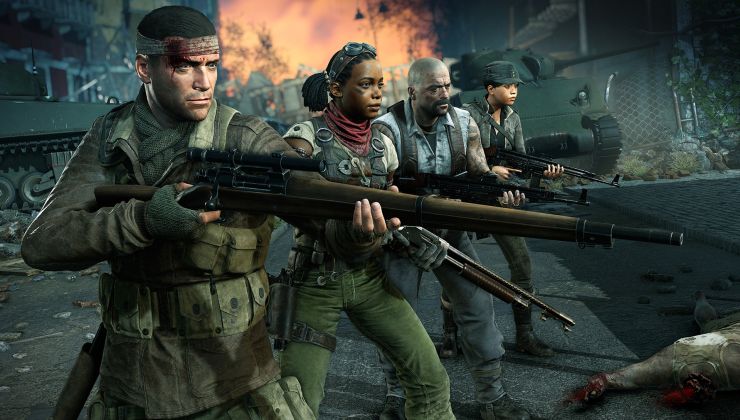
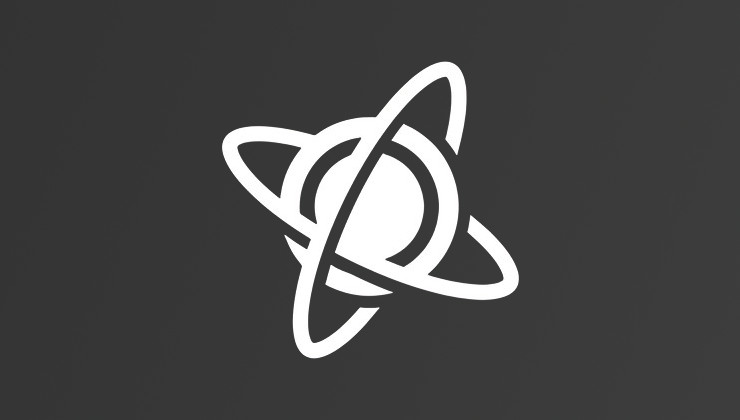
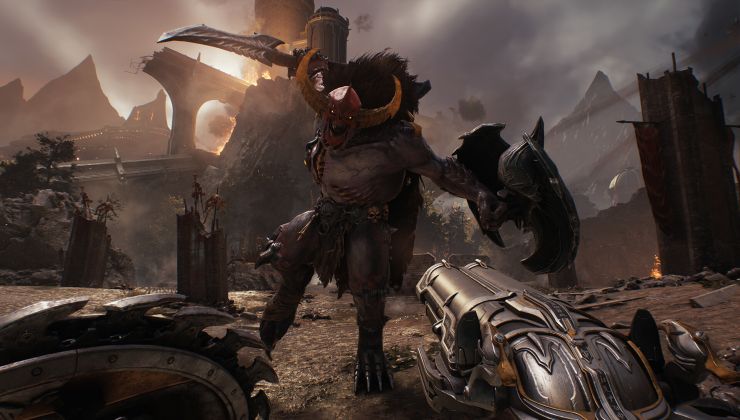
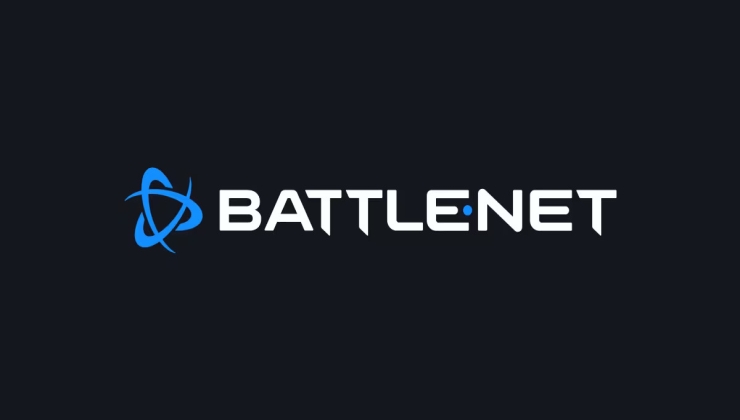


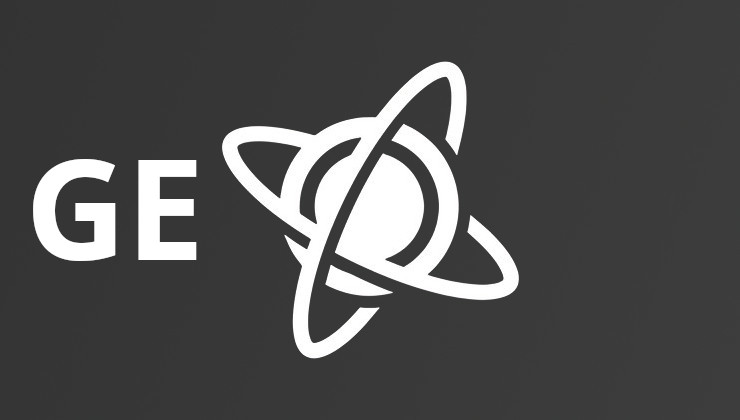 How to install GE-Proton on Steam Deck, SteamOS, Linux
How to install GE-Proton on Steam Deck, SteamOS, Linux An idiots guide to setting up Minecraft on Steam Deck / SteamOS with controller support
An idiots guide to setting up Minecraft on Steam Deck / SteamOS with controller support
See more from me